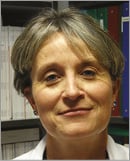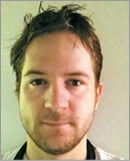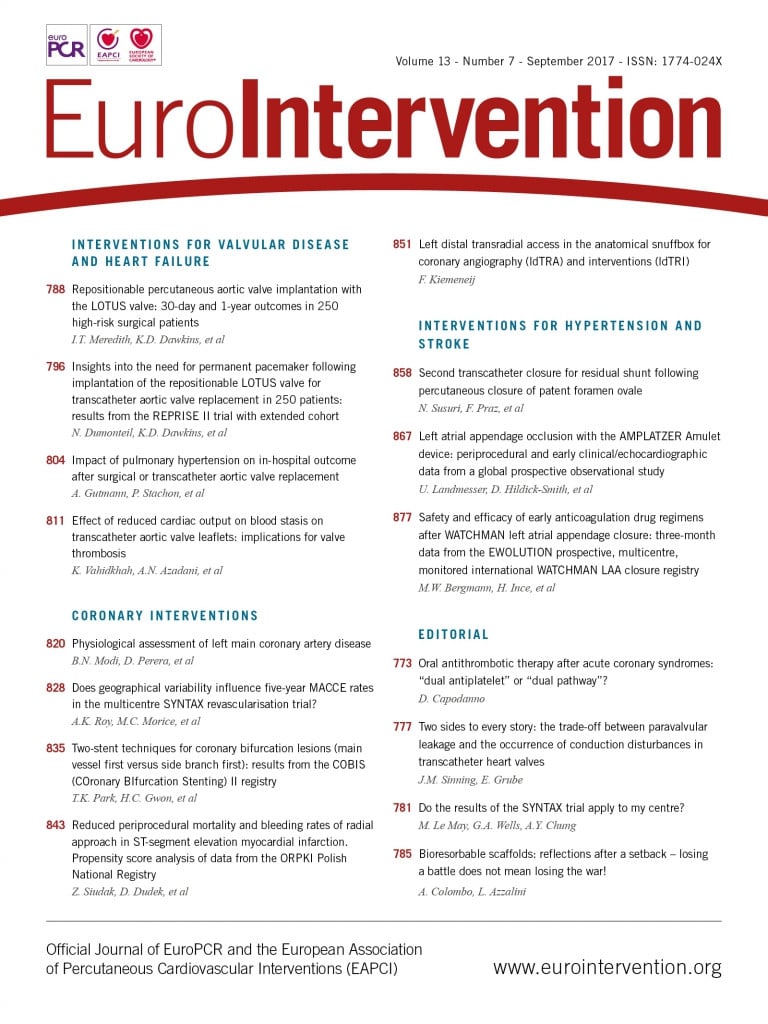Focus on the two types of EAPCI fellowships: the one-year fellowship and the μFellowship
Martine Gilard, Chair EAPCI Fellowship Committee, and Gabor G. Toth, member of the EAPCI Fellowship Committee and chair of the EAPCI New Initiatives For Young Interventionalists Committee
What is the difference between these two fellowships?
The EAPCI one-year fellowship provides an opportunity for a one-year specialised research or clinical training for medical graduates at an early stage of their career within the field of interventional cardiology. The ultimate goal is to enable young candidates to contribute to the enhancement of their country’s academic standards upon return as well as to encourage exchanges and interactions between countries.
The EAPCI μFellowship programme is something completely different from the traditional clinical and research grant. It functions as a supplement to the conventional programme. The μFellowship programme duration is only one month for a very dedicated formation.
What is the process for applying for these fellowships?
For the EAPCI one-year fellowship a new model of collaboration was proposed in 2015 involving separate applications from both individuals and centres. These fellowships are to be matched exclusively by the EAPCI Fellowship Committee with the possibility for industry partners to submit individual and centre applications.
For the EAPCI µFellowship the application process is markedly different from that for conventional research and clinical grants. First of all, there is no deadline, with continuous applications possible. Second, most of the organisation is the responsibility of the fellowship candidates themselves, i.e., the submitted package must contain (1) the agreement with a hosting centre, (2) the agreement with a local industry partner as sponsor, and (3) the planned training programme, approved by the hosting centre.
What is the nature of the industry support for these programmes?
For the EAPCI one-year fellowship industry support is 25,000 euros.
For the EAPCI µFellowship industry support covers the expenses of the fellow, plus it provides an honorarium for the hosting centre for their efforts in education. Please note that, while agreement with industry partners has been achieved at the level of the international leadership, the sponsorship should be provided in every case by the national branches. The role of the EAPCI in this programme is to coordinate and individually certify the educational level for each training, and to facilitate and motivate the industry partners to support the aim of young and engaged fellowship candidates.
Is there something special that distinguishes the 2017 one-year fellowship grant winners from previous years?
This year there are six as opposed to only two grants the year before. There are three research grants and three training grants.
What should we look forward to in 2018?
For the EAPCI one-year fellowship submission process we will maintain the same or increase the number of grants and will improve the applications for candidates and for centres. The selection process will give priority to those candidates with no previous awards or past fellowship periods, give priority to candidates without any ongoing or future grant programmes (even if not confirmed), and make awards to a maximum of two candidates from the same country to respect a balance of the geographic distribution of candidates.
For the EAPCI µFellowship, after two years of preparation and hard work, we really hope that the programme can be launched by the fourth quarter of 2017 as a pilot period – so it should run smoothly by 2018.

Prof. Martine Gilard,
Département de Cardiologie, CHRU La Cavale Blanche, Brest, France
E-mail: [email protected]

Dr Gabor G. Toth, MD, PhD
University Heart Center Graz, Graz, Austria
E-mail: [email protected]

